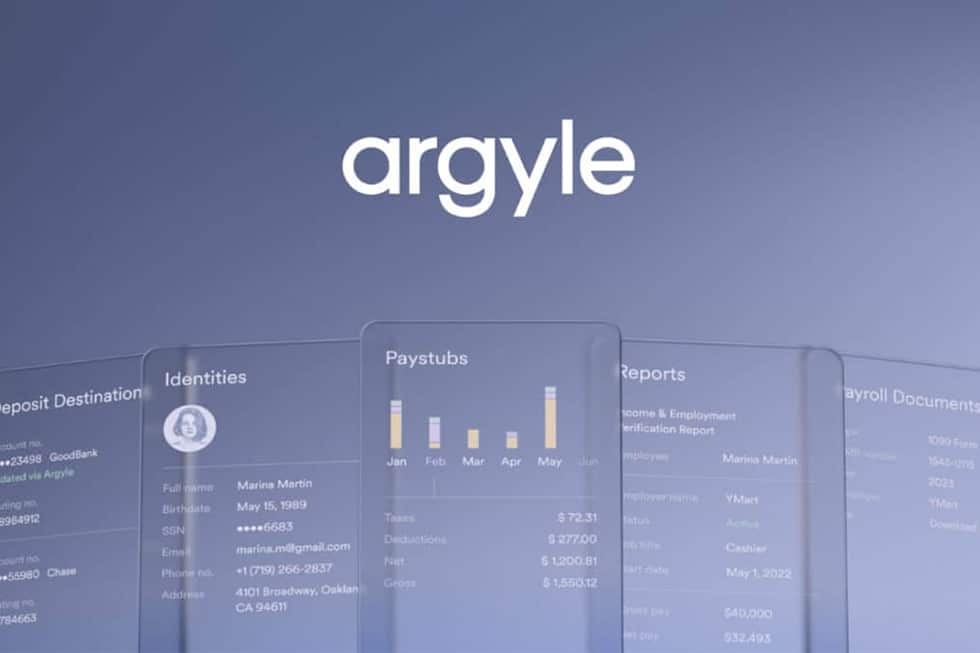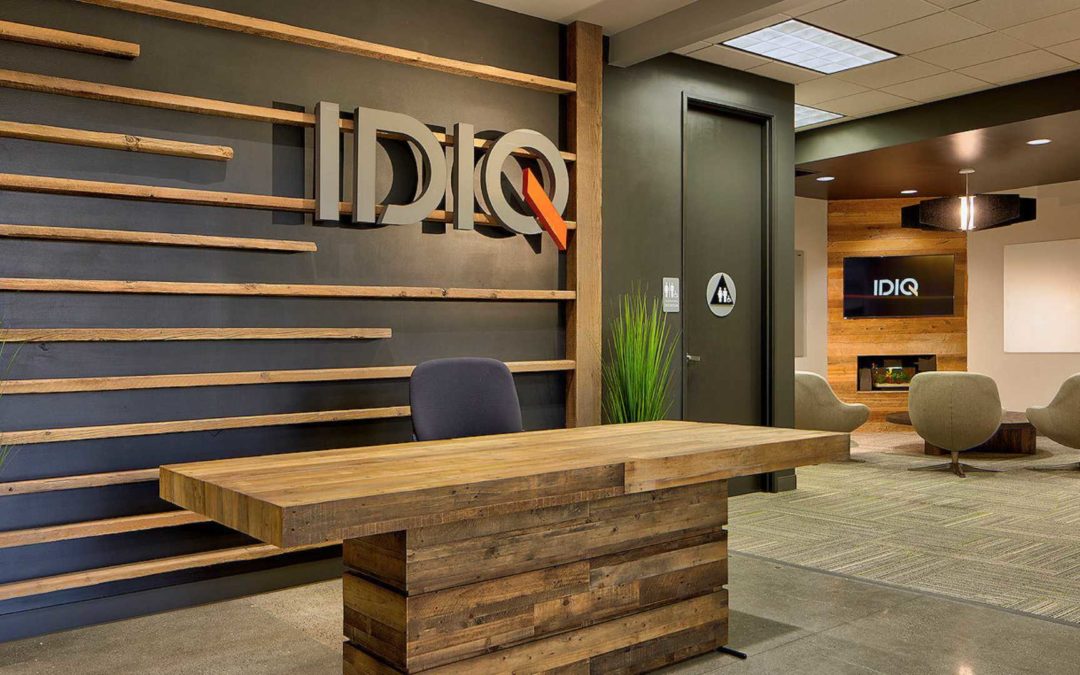The startup landscape is full of big VC names, high valuations and a lot of companies vying for the same cash. As a startup founder it can be a challenge to view venture capital funding and success as mutually exclusive events. So why, as a startup founder, do all roads often point toward capital? The answer is relatively straightforward – securing a large amount of capital can mean rapid brand exposure, instant clout and, generally, a seasoned team of advisors to help guide the business plan.
What isn’t often discussed among the headlines is why some founders should consider bootstrapping as long as possible. Depending on a startup’s status, industry and service offering there are a number of reasons seeking capital may not be of true benefit to the company.
- Equity and Control
While big bucks can be enticing to a founder who is operating on a tight budget, the price of accepting that funding from a VC or angel investor is often far greater. In fact, as VentureBeat reports, raising too much capital early on in a startup’s lifecycle can have negative effects on the venture and the founder. The best example of this is a startup’s valuation. If a startup is worth $300,000 pre-funding and is seeking a $700,000 investment from a VC, the final post-funding valuation is $1M, with the VC owning 70 percent of the business. This means the founder no longer has majority control and there is not enough equity left over to leverage with other investors, senior executives or other employees.
- Time and Energy
Any business owner knows that the time required for taking a startup from idea to seed stage and eventually scaling is cumbersome to say the least. Many founders who have been down the path to secure funding know first-hand that the time and energy needed to prepare pitch decks, spent traveling to meetings and continuously following up with potential investors can be detrimental to a startup’s success. During the early stages of a business, time and resources need to be allocated thoughtfully and in some cases that might mean opting to forego capital, momentarily or forever. If a startup can survive without capital it can allocate precious time and resources into market research, product development or a number of other tasks that will help it get to market and start making money.
- It is Your Goal is Not to Build an Enterprise…
A startup that does not have the end goal of becoming a commanding force in its industry or ultimately being acquired by a conglomerate, likely should not be seeking funding from investors. The harsh reality is that a startup investor, whether it’s a VC firm, an angel or a peer-to-peer lender, is looking to make a sizeable return on investment. The world of lending is a money making business, and while that loan may help a founder’s personal dream come to life, at the end of the day if it doesn’t pay dividends it’s a losing investment for the investor. Businesses simply in need of cash should instead consider traditional forms of capital such as a bank loan where the only expectation is to pay back interest. Or, alternatively, a startup can consider non-traditional fundraising options such as a crowdfunding campaign where major equity is not at stake and expectations are low in terms of what an investor will receive.
The road to capital has served many startups well however that does not mean it is right for all businesses. The above considerations can be used as a sounding board to know whether or not capital seems like the most prosperous path or, in reality, may cause more harm than good. Whichever path a founder takes the most important thing to remember is try, try again!





